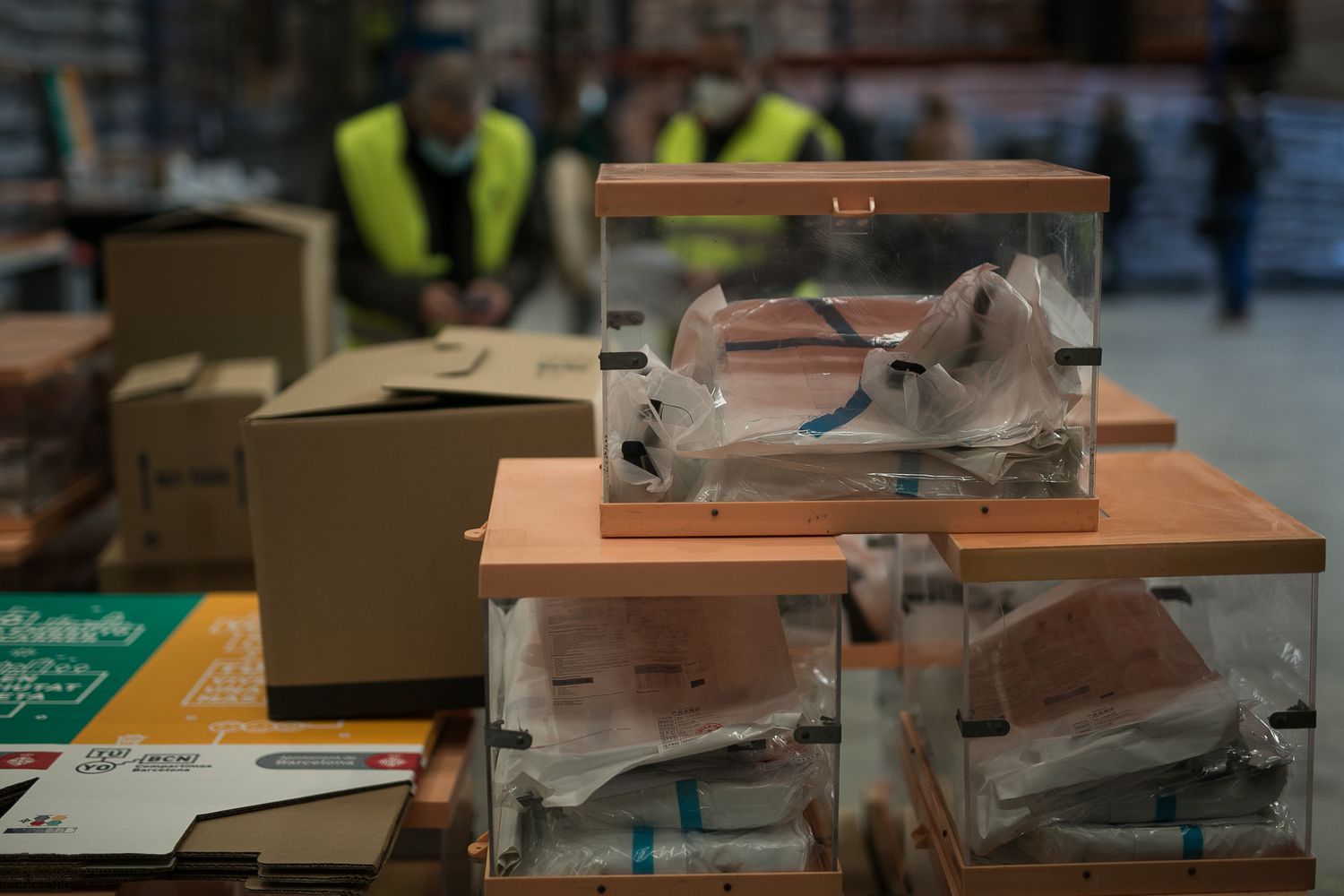The Zone Electoral Boards have already received resources from more than 20,500 citizens, 25% of the 82,000 elected to be presidents or members.
The number of allegations presented at the Zone Electoral Boards by the members chosen for the polling stations of 14-F in order to be exempted from this obligation continues to grow and this Thursday afternoon they already exceeded 20,500 resources.
Those who ask not to go to the tables could be even more, because some of these bodies have not yet provided their data. The figure now exceeds 25%, one in four, of the nearly 82,000 citizens who have been elected in Catalonia as a whole to be presidents or members of the 9,117 polling stations for the February 14 elections .
The vote by mail in the Catalan elections is already double that cast in 2017. Thousands of citizens ask to be exempted from being part of the polling stations in Catalonia.
As reported this Thursday by the Superior Court of Justice of Catalonia, in the different Zone Electoral Boards of the province of Barcelona 15,865 applications have been received so far, in those of Tarragona 2,310, in those of Girona, 1,234 and in those of Lleida , 1,170.
The Electoral Board of the area of the Catalan capital is the one that adds more allegations, 8,000 as of this Wednesday, followed by that of l’Hospitalet de Llobregat, the second most populated city in Catalonia, with 1,300 applications.
These figures on requests not to be part of the polling stations, very high due to the coronavirus pandemic, are still provisional, so the final number could be higher. Citizens can present a letter to the Electoral Board, either electronically or in person, stating the reasons why they ask to be released from being at a polling station, attaching to said request the documentation that proves their situation.
The deadline to challenge the incorporation to a polling station is seven calendar days from the receipt of the official communication, without prejudice to the fact that, once the term is over and until the moment of setting up the polling stations, the electoral boards will address all those supervening causes.
Once the allegations have been submitted, the Electoral Board has to assess before the elections are held whether or not it considers the citizen’s request, to which it will respond telematically before the voting day.

